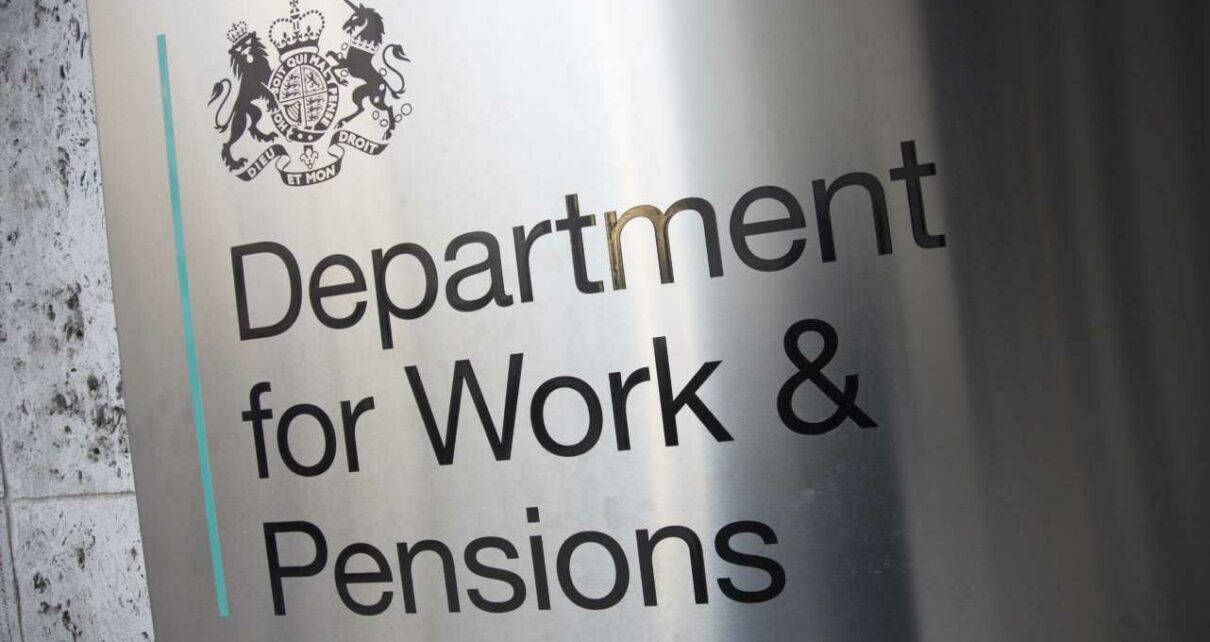SICKNESS benefits will be denied to people who could work from home, ministers announced today.
Welfare Secretary Mel Stride has unveiled a plan to slash the number of Brits signing off with health problems.

To wrestle down the eye-watering £25.9billion annual sick benefits bill he is proposing to tighten the criteria that people are declared unfit to work.
Under the crackdown assessors will consider someone’s ability to work remotely to reflect the rise in flexible jobs.
Mr Stride revealed the proportion of claimants with the highest incapacity benefits with no working requirements has soared from 21 per cent in 2011 to 65 per cent last year.
He told the Commons that 2.5million are receiving sickness handouts, and taxpayers are spending £15.9billion more on them than a decade ago.
PM Rishi Sunak added: “Work transforms lives – providing not just greater financial security, but also providing purpose that has the power to benefit individuals, their families, and their communities.
“That’s why we’re doing everything we can to help more people thrive in work – by reflecting the complexity of people’s health needs, helping them take advantage of modern working environments, and connecting them to the best support available.”
The proposals will alter the section of the work capability assessment that judges someone’s ability to travel to work to reflect the potential to work remotely.
Most read in The Sun

Adam Peaty in horror punch-up with Team GB teammate over ex-girlfriend jibe

Arsenal fan who headbutted Keane unmasked as dad who 'broke nose' in attack

Liverpool offered world-record £215M for Salah transfer by Al-Ittihad

International footballer, 26, shot dead and 7 others hurt in horror gun attack
Mr Stride said: “We are consulting on whether changes should be made to four of the activities and descriptors that determine whether someone can work, or prepare to work, to reflect changes in working practices and better employment support.
“This includes looking at changing, removing or reducing the points for descriptors relating to mobilising, continence, social engagement and getting about.”
And to reduce those signed off with mental health issues, these people who want to work will get expert support.
Many people were signed off sick during the pandemic, with musculoskeletal problems like bad backs being cited.
Source: Read Full Article


